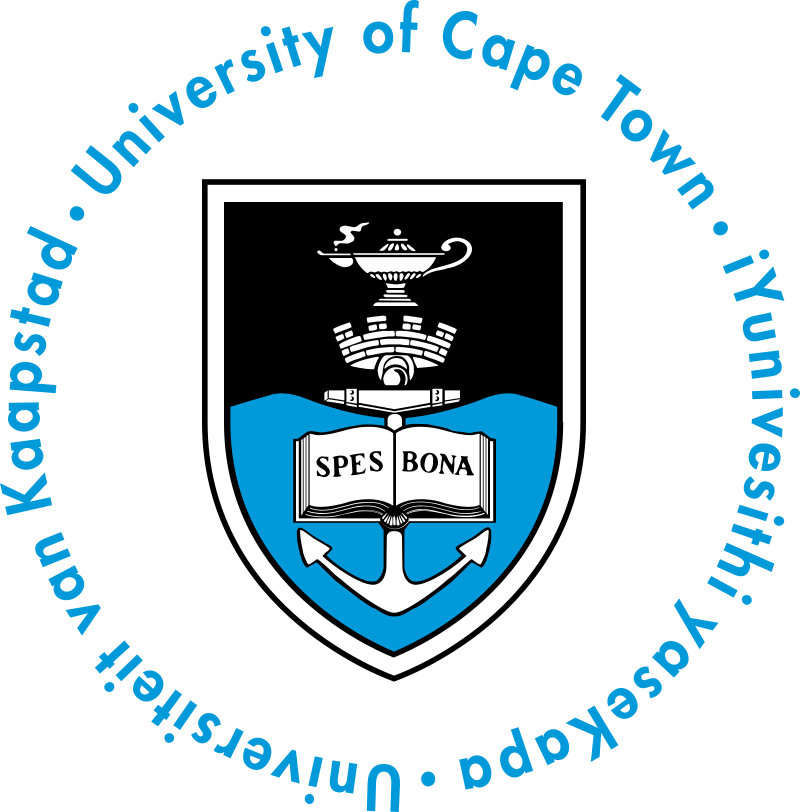The Kaplan Centre for Jewish Studies at the University of Cape Town (UCT) is looking to appoint a post-doctoral researcher to study hate speech on social media in South Africa. The researcher will work as part of a collaborative and inter-disciplinary team.
Research focus area
The postdoctoral appointment fits within a broader research agenda seeking to monitor and classify antisemitic and racist discourse on South African social media. The project has three broad aims: to build a lexicon of South African-specific hate speech, to identify recurrent racist and antisemitic stereotypes and tropes, and to analyse the pervasiveness of this discourse within the South African social media context.
Building on the findings of an initial qualitative study, the postdoctoral researcher will oversee the collection of historical and contemporary Tweets using Twitter’s API. This quantitative data will be used for the (i) analysis and (ii) detection of hate speech:
- Data will be analysed with a view to identifying the volume and variation of antisemitic/racist tweets. In addition, a network analysis will allow the research team to examine how these ideas proliferate across networks.
- Focusing on detection, natural language processing will be used to train algorithms to classify tweets as problematic or not.
Value and Tenure
The value of the fellowship is fixed at R325 000 per annum, is a full-time position, and is tenable for one year. The fellowship carries no benefits and a directive for tax exemption will be applied for by UCT on behalf of the successful candidate.
Conditions
Both South African and foreign candidates are eligible. Applicants must have completed their doctoral study in the last five years. Applicants may not previously have held full-time academic posts.
The successful candidate will be expected to submit/publish at least one journal article in an accredited journal during the fellowship tenure.
The successful candidate will be required to enter into a Memorandum of Agreement with the University of Cape Town and a Memorandum of Understanding with his/her Principal Investigator.
Eligibility
- The candidate must have the necessary technical skills such as experience in natural language processing with deep learning, proficiency in Python, and ability to work with large datasets. Experience with the Twitter API is an asset. Experience with network analysis and sentiment analysis is also an asset.
- While subject matter expertise around antisemitism and racism is not a prerequisite, the applicant must have an interest in studying hate speech and its proliferation on social media.
Research duties
- Participate in the design of the quantitative phase along with the rest of the research team.
- Advise the research team on necessary research infrastructure and research tools.
- Oversee the collection and storage of data from the Twitter API.
- Guide the research team with respect to the analysis of Twitter data as outlined in (i) above.
- Assume responsibility for the hate speech detection/ machine learning component of the study (as outlined in (ii) above).
- Participate fully in all aspects of the project including research design, data collection and data analysis.
- Where needed, build capacity in the research team through training on tools and approaches.
Application requirements
Applications must include a CV and covering letter outlining the candidate's experience, availability, and interest in the project. In addition, applications must include the names and contact details of at least two academic references who have taught, supervised, or worked alongside the applicant.
All applicants are subject to the policies, procedures, and rules according to the postdoctoral sector at the University of Cape Town.
Application deadline
The application deadline is 28 May 2021, with the position to be filled as soon as possible. Candidates are encouraged to contact Kerri Serman with queries and to submit applications. The University of Cape Town reserves the right to make no awards at all, to cancel the award if the conditions are not met, and to effect changes to the conditions of the award. The University of Cape Town reserves the right to disqualify ineligible, incomplete and/or inappropriate applications.
